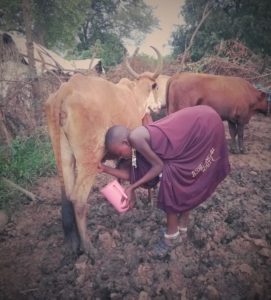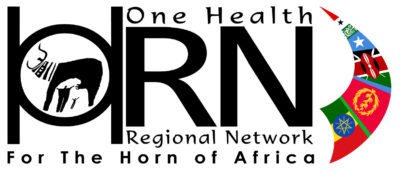 Humans live in close relationships with animals that are domesticated or chosen as pets. These animals carry pathogens that are transmissible to humans and can be harmful to one’s health. Any infectious disease that is potentially transmissible from animals, both wild and domestic, to humans is defined as a zoonotic disease.
Humans live in close relationships with animals that are domesticated or chosen as pets. These animals carry pathogens that are transmissible to humans and can be harmful to one’s health. Any infectious disease that is potentially transmissible from animals, both wild and domestic, to humans is defined as a zoonotic disease.
As the threat of zoonotic diseases increases, there is need to come up with comprehensive disease control models that appreciate the reciprocity between biological, ecological and cultural phenomena. Animal origin diseases are cardinal to community health, therefore identification, prevention and managing of these diseases is of great importance. Prevention and managing of these diseases will be better achieved if the communities are also involved in their prioritisation. Understanding community perspectives would lead to disease control efforts that are culturally and contextually relevant and thus sustainable.
This study aims to explore the knowledge, perceived severity and impact of the common zoonotic diseases among the pastoralists of Oloitokitok sub county, Kajiado County. It will involve the collection of qualitative data through in-depth interviews, focus group discussions and key informant interviews. Participatory methods will be used through ranking, mapping and proportional pilling exercises to provide an opportunity for the community to engage actively in disease prioritisation.
This study seeks to answer the following questions:
- What are the perceived priority zoonotic diseases by pastoralists of Oloitokitok Sub County, Kajiado County?
- What is the knowledge, perceived severity and impact of zoonotic diseases for the pastoralists in Oloitokitok Sub County?

